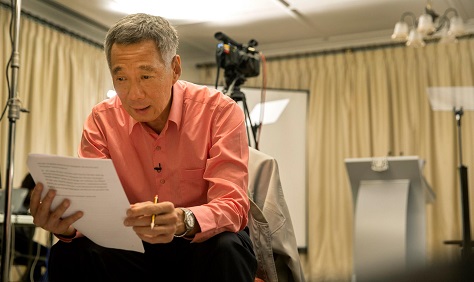Last Friday, after a campaign of less than two weeks, the People’s Action Party (PAP), which has governed Singapore without interruption since 1959, won a fresh mandate, as thoroughly expected.![]()
But for a party that’s ruled Singapore since before its independence from Malaysia, the PAP returned to power with an unexpectedly larger share of the vote than it won in the last elections in 2011, an impressive feat at a time when the country’s young and elderly alike are feeling the economic crunch.
The PAP’s victory wasn’t from lack of effort by the opposition, which fielded candidates in every constituency. Nor was it from complete satisfaction with the PAP. Voters have increasingly aired frustrations about the government’s ability to deal with escalating prices, inadequate retirement funds and the puzzle of how to sustain the breakneck economic growth that characterized Singapore for the past half-century.
Nevertheless, the PAP improved its share of the vote by nearly 10% (to 69.9% from 60.1% in 2011). While 60% support would amount to landslide territory in a more competitive democracy, it was a serious setback for the PAP and its leader Lee Hsien Loong, prime minister since 2004 and the son of Lee Kuan Yew, the country’s first leader who presided over Singapore’s emergence as a wealthy, developed country.
So what happened?
It’s impossible to distill a national election to a simple narrative, even in a place as small as Singapore (a city-state of just 277 square miles with a population of around 5.5 million). But there are at least three trends that explain why the PAP emerged so strongly from the 2015 snap elections. Continue reading Three reasons for the PAP’s overwhelming win in Singapore

